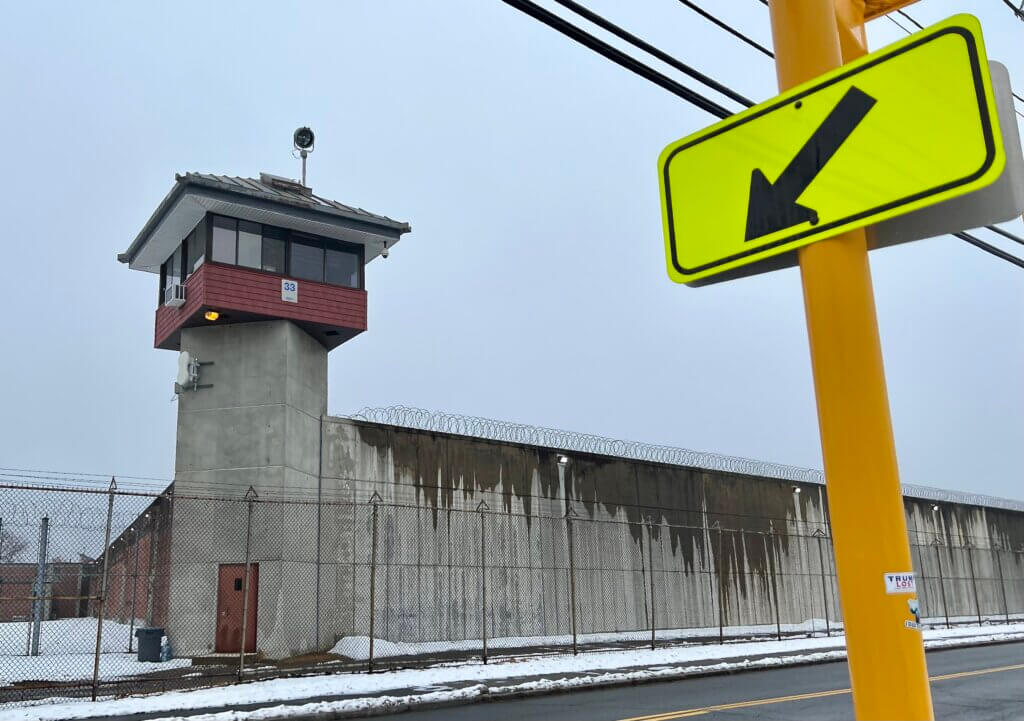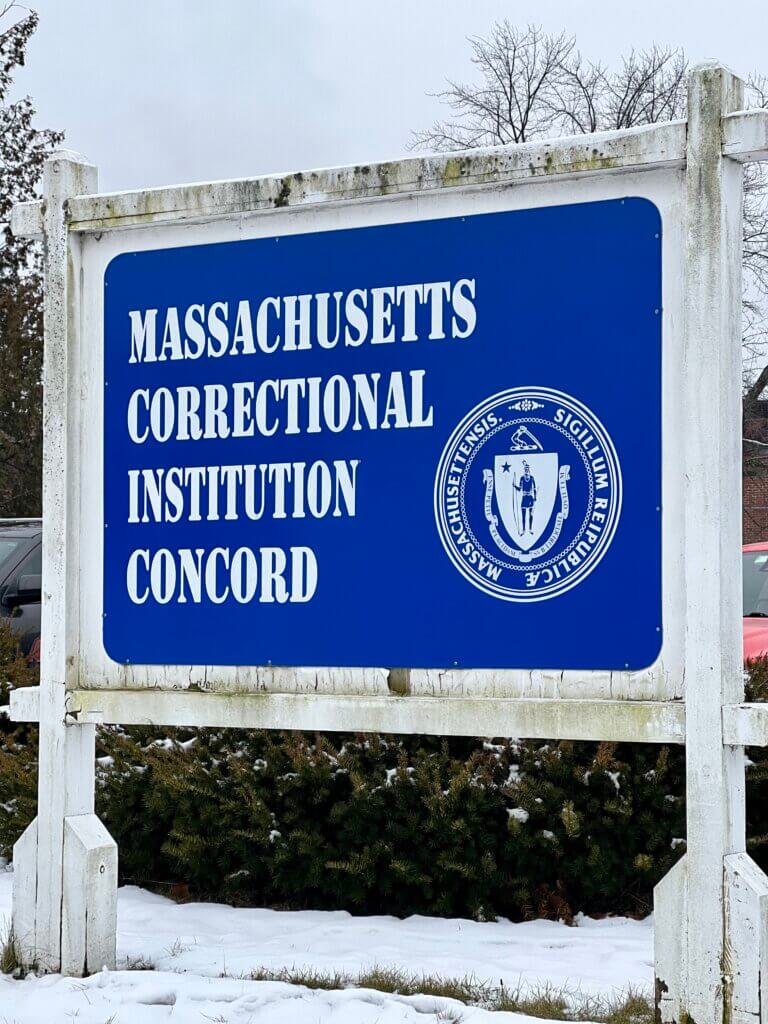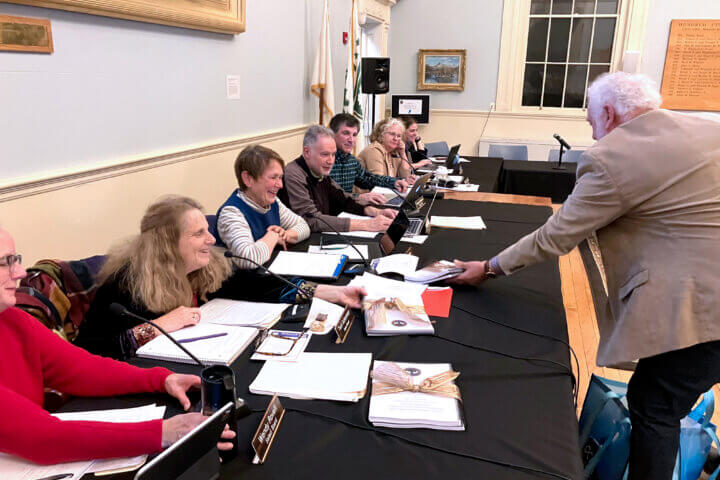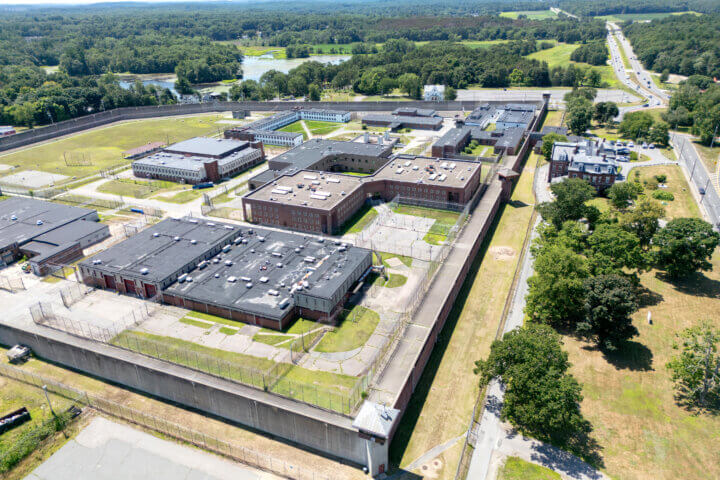By Erin Tiernan — Erin@concordbridge.org
A windfall of state cash intended to jump-start planning for the MCI-Concord prison redevelopment comes with a strict deadline that local officials say could be hard to meet.
State lawmakers secured $725,000 to help Concord cover the cost of public outreach, surveying and scenario design. These activities will shape the framework for what will eventually be possible at the site of the former correctional facility on Route 2.
The money is tied to the state’s current fiscal year budget, and must be spent by June 30. Anything left over after the fiscal close must be returned to state coffers.
“This is a significant amount of money to spend in a relatively short time frame, and our priority is ensuring expenditures align with the long-term goals of the project and the best interests of the community,” assistant town manager Megan Zammuto told The Concord Bridge.

An unclear price tag
An advisory board, formed after news broke that the 146-year-old men’s prison would close this year, plans to hire a consultant to help create and evaluate possible scenarios based on community opinions, municipal needs, and infrastructure limitations.
Officials plan to announce a request for proposals by the end of January, but it’s unclear how much the service would cost. An initial draft first considered by the board in October cited a total budget of $600,000. The latest iteration does not mention price at all.
Shannon McAndrew, a management specialist with the town manager’s office, said research has suggested the cost would be “significantly less than expected,” with estimates of “less than $250,000.”
MCI Concord Advisory Board co-chair Dan Gainsboro said discussions around spending are “preliminary.”
The board is developing a project budget that details timelines and anticipated costs associated with public outreach, research development concepts, and crafting zoning recommendations that will ultimately dictate what can be built on the former prison site.

‘A deliberate approach’
The state owns the 51-acre property and plans to sell the land to developers. State officials want to see housing built there, but exactly where and how much has yet to be determined. Concord has significant influence by way of zoning.
The town is working on rezoning the entire MCI-Concord parcel. The advisory board members will work with consultants to determine restrictions on housing density, residential and commercial distribution, parking, and building height.
Zammuto told The Bridge the redevelopment “is a multi-year initiative.”
“While this earmark must be spent by June 30, it represents only the initial phase of a much larger effort,” she said. “We understand the importance of meeting spending deadlines while also maintaining a deliberate approach to how funds are used.”
Seeking a workaround
At a December meeting, town officials and board members voiced confusion over the constraints of state money.
Board members earlier in December wondered whether unspent funds could be held in escrow to avoid an abrupt end to services when the money runs out next summer. “Is there an opportunity to prepay a consultant or some other method?” asked board member Erin Cusker.
But Chris Carmody, the town’s legislative liaison, said there are few options to stretch the funds. “My understanding is that we cannot encumber or save state funds. … The services have to be actually performed in this fiscal year,” he said.
State Rep. Simon Cataldo (D-Concord), who worked with state Sen. Michael Barrett (D-Third Middlesex) to secure the state budget earmark earlier this year, has urged Concord officials to put the money to use.
In a strongly worded appeal to board members at an October meeting, the first-term lawmaker warned there’s “no guarantee” that he would push for more funds for MCI planning in future state budgets if Concord leaves money on the table this fiscal year.






